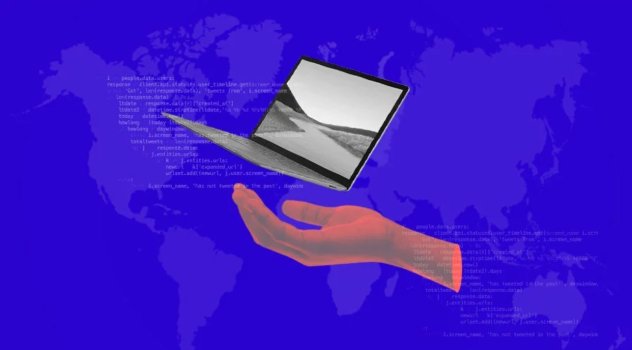As the scope of artificial intelligence is growing, different countries are in a race to achieve AI supremacy
Artificial Intelligence has an immense impact on socio-economic development across the world. Technology holds a wide range of promises in terms of social, security, economic, and environmental. It has the potential to disrupt and bring technological innovation, enabling a high level of learning and problem-solving capabilities. This is why Governments worldwide perceive AI as a key defining technology for economic growth. Since countries look for improving their citizens’ living standards, AI has become constructive to deliver efficiency while ensuring equity, privacy, transparency, and accountability.
The applications of AI have the potential to assist governments, corporations, and individuals to acquire new skills and training, democratize services, design, and deliver faster production times and quicker iteration cycles. They also help lessen energy usage, deliver real-time environmental monitoring, bolster cybersecurity defenses, heighten national output, minimize healthcare inefficiencies, and create new kinds of experiences and interactions for people to connect others around the world.
In order to support the secure and transparent development of artificial intelligence and strengthen their leadership in AI, countries around the world are establishing governmental and intergovernmental strategies and initiatives.
Global AI Policies
Many governments have developed AI frameworks and policies to help prompt economic and technological growth. The frameworks range from the US executive order on AI leadership, India’s National Strategy for AI #AIforAll, and China’s Next Generation Artificial Intelligence Development Plan” to “AI Made in Germany” and the “Pan-Canadian AI Strategy, among others. These strategies majorly focus on talent and education, research and development, government investment, and collaborations with other countries and regulatory frameworks for the best development and deployment of AI.
Continue reading: https://www.analyticsinsight.net/global-ai-strategy-how-different-countries-are-pursuing-ai/
Artificial Intelligence has an immense impact on socio-economic development across the world. Technology holds a wide range of promises in terms of social, security, economic, and environmental. It has the potential to disrupt and bring technological innovation, enabling a high level of learning and problem-solving capabilities. This is why Governments worldwide perceive AI as a key defining technology for economic growth. Since countries look for improving their citizens’ living standards, AI has become constructive to deliver efficiency while ensuring equity, privacy, transparency, and accountability.
The applications of AI have the potential to assist governments, corporations, and individuals to acquire new skills and training, democratize services, design, and deliver faster production times and quicker iteration cycles. They also help lessen energy usage, deliver real-time environmental monitoring, bolster cybersecurity defenses, heighten national output, minimize healthcare inefficiencies, and create new kinds of experiences and interactions for people to connect others around the world.
In order to support the secure and transparent development of artificial intelligence and strengthen their leadership in AI, countries around the world are establishing governmental and intergovernmental strategies and initiatives.
Global AI Policies
Many governments have developed AI frameworks and policies to help prompt economic and technological growth. The frameworks range from the US executive order on AI leadership, India’s National Strategy for AI #AIforAll, and China’s Next Generation Artificial Intelligence Development Plan” to “AI Made in Germany” and the “Pan-Canadian AI Strategy, among others. These strategies majorly focus on talent and education, research and development, government investment, and collaborations with other countries and regulatory frameworks for the best development and deployment of AI.
Continue reading: https://www.analyticsinsight.net/global-ai-strategy-how-different-countries-are-pursuing-ai/

